What we do belongs to what we are; and what we are is what becomes of us
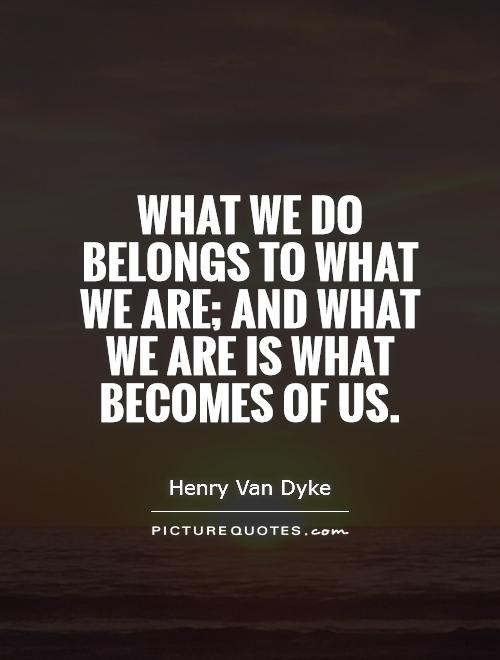
What we do belongs to what we are; and what we are is what becomes of us
Henry Van Dyke, a renowned American author, poet, and clergyman, believed that our actions are a reflection of who we are as individuals. In his famous quote, "What we do belongs to what we are; and what we are is what becomes of us," Van Dyke emphasizes the importance of integrity, character, and personal responsibility in shaping our lives.Van Dyke's philosophy suggests that our actions are not separate from our identity; rather, they are an integral part of who we are. Our choices, behaviors, and decisions are a direct reflection of our values, beliefs, and principles. If we act with honesty, kindness, and compassion, we are likely to be perceived as virtuous individuals. Conversely, if we engage in deceit, cruelty, or selfishness, we will be seen as morally bankrupt.
Furthermore, Van Dyke's quote implies that our actions have consequences that ultimately define our destiny. The choices we make today will determine the path we take in the future. If we consistently act with integrity and righteousness, we are more likely to achieve success, happiness, and fulfillment. On the other hand, if we engage in unethical or immoral behavior, we may face negative repercussions that hinder our personal growth and development.
Van Dyke's words also highlight the interconnectedness of our actions and our character. Our behavior is not random or arbitrary; it is a reflection of our innermost thoughts, feelings, and motivations. If we strive to cultivate positive qualities such as honesty, empathy, and generosity, we are more likely to lead a meaningful and purposeful life. Conversely, if we allow negative traits such as greed, envy, or arrogance to dominate our actions, we may experience inner turmoil, dissatisfaction, and regret.
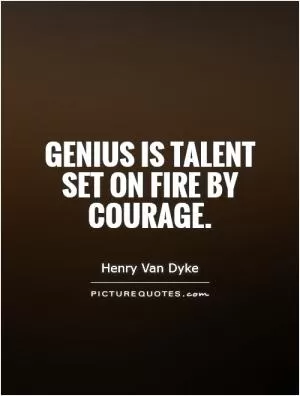
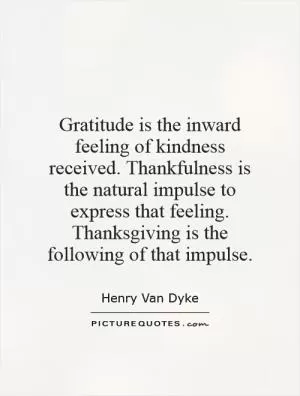
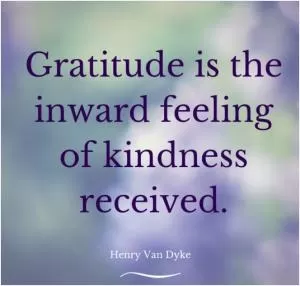
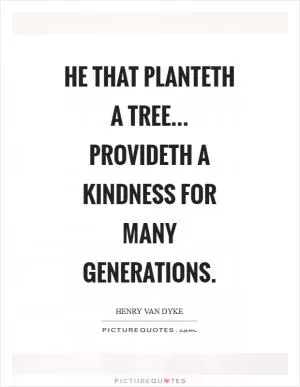
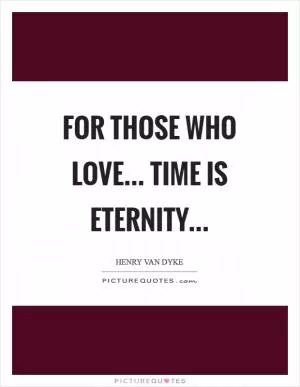

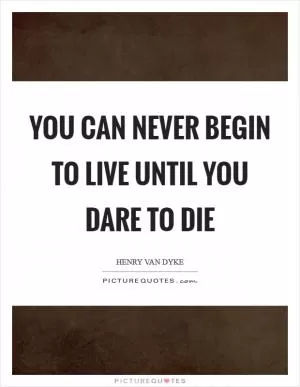
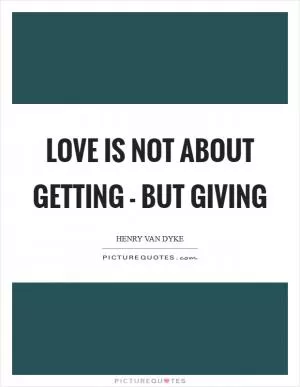
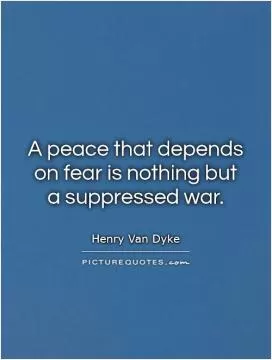
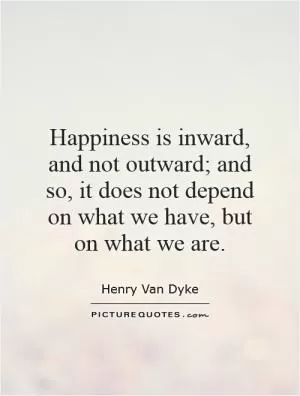
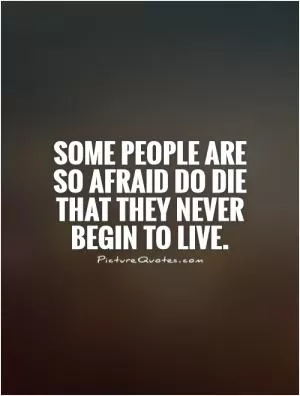
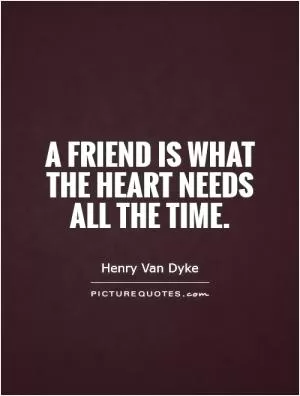
 Friendship Quotes
Friendship Quotes Love Quotes
Love Quotes Life Quotes
Life Quotes Funny Quotes
Funny Quotes Motivational Quotes
Motivational Quotes Inspirational Quotes
Inspirational Quotes